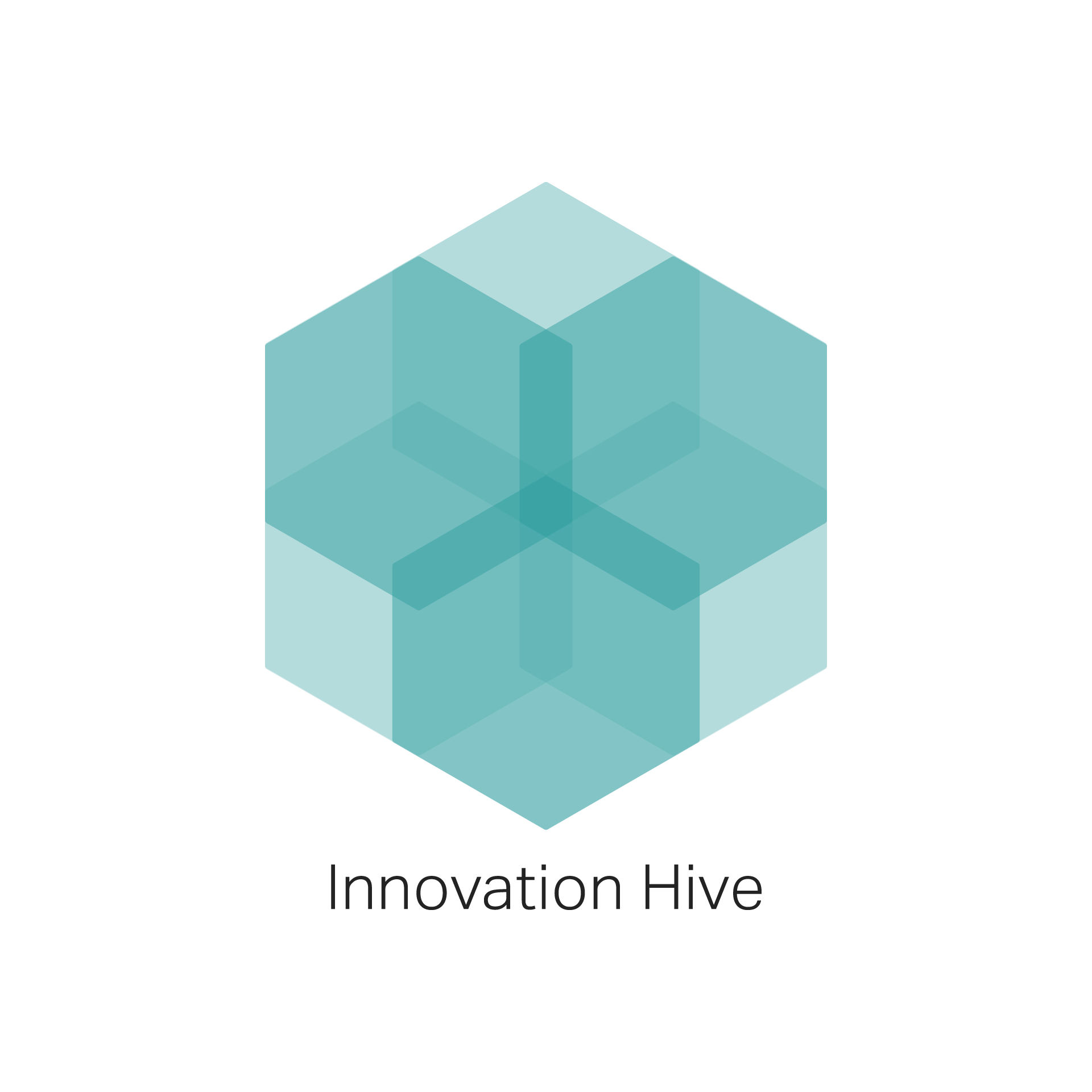The majority of the European population lives in rural areas, making up 83% of the territory, while 39.3% live in cities and 31.6% live in towns and suburbs, according to a study conducted in 2018. Although rural areas offer high quality products to the market, enhance cultural wealth and heritage, preserving traditions, they still face multiple challenges due to demographic changes, connectivity with the outside world and low income. Within this framework, the Up Rural project was funded by the European Union with the aim of addressing the challenges and supporting rural areas to further develop and gain potential.
To effectively achieve this objective, the project will provide training and certification to increase the number of well-equipped “community development officers”. This way a long-term impact on their local communities will be achieved. Among the duties of community development officers are: raising awareness of the opportunities from the transition and green, sustainable and digital Europe; supporting community members to create and finance local businesses, and consequently reduce pollution, increase employment and facilitate communication between local authorities and citizens.
During the implementation of the Up Rural project, the partners will develop three deliverables. The first will be a work-based learning survey for a practical, green and digital ‘community development officer’ job, which will analyze information derived from interviews with the relevant target group in each partner country. The second deliverable will be the curriculum and training materials to support the Community Development Officer position. The materials will be developed in the form of e-learning content, which will emphasize capacity building. To ensure transferability, 4 theoretical lessons will be developed, with a 10-question self-assessment quiz. In addition, 35 storyboards with animated videos will be created, thanks to staff training, as well as 14 sectoral scenarios. Finally, an educational platform and digital assessment path to host all the material and create a learning path for the learners, while monitoring statistical information concerning the users: identification, time spent on each activity and overall and learning outcomes. Also, the certification process will be a result of the platform.
The Value Added in this project is the level of participation of the target group in the project’s activities under two of its mobilities. In particular, it promises to train and certify 60 socio-economically disadvantaged people from rural areas as “community development officers” by thoroughly testing the course in all partner countries. It will also increase the employability and practical skills of the 60 target trainees through direct participation in a work-based approach to external mobility.
So far, the partners met in Cluj, Romania for their first meeting and thoroughly discussed the objectives and developed the action plan to achieve the highest possible quality. The first deadlines and commitments of each partner became clearer and now the first deliverable is under construction. Moving forward, the next meeting will take place in Nicosia, Cyprus, during which partners will discuss both the final details of the first outcome and the details of the upcoming mobility to Spain, where they will be trained to become digital trainers.



